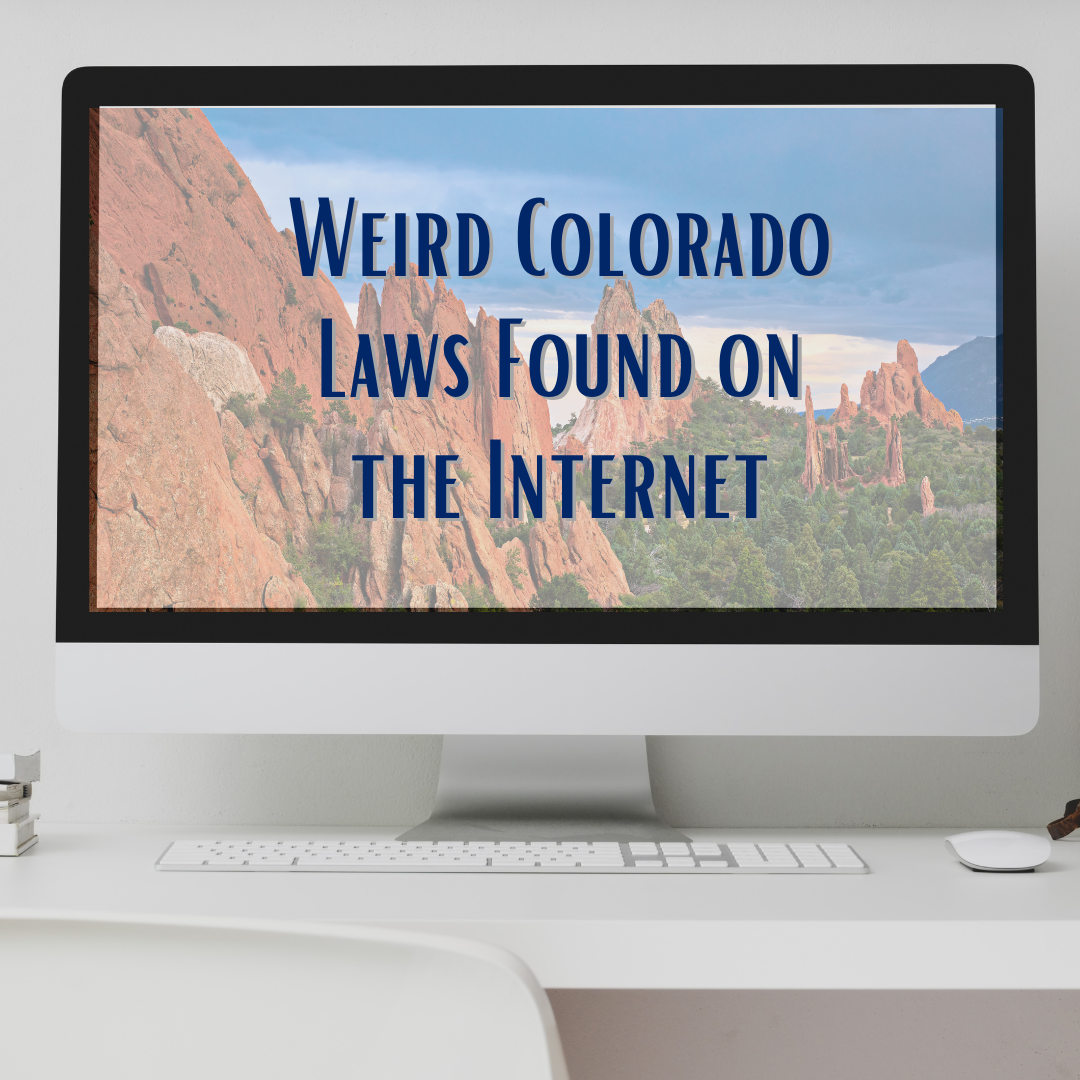
(Component I: ODD Legislation IN COLORADO)
In courtroom dramas on Television or in the motion pictures, there’s normally a scene in which a witness, even immediately after swearing on a stack of Bibles and his dead mother’s grave that he will explain to the fact, the full truth and very little but the reality, can take the witness stand and then claims anything which is not genuine.

On-display, one of the lawyers leaps to their toes, details their finger at the witness, and shouts for the complete courtroom to hear:
“LIAR!”
In the Point out of Colorado, even so, this can hardly ever materialize – there are no “lies” or “liars” in Colorado courts.
In Colorado, as the Colorado Supreme Court wrote in the scenario of Crider v. Folks, 186 P.3d 39, 41 (Colo. 2008), “it is poor for a law firm to use any form of the word ‘lie’ in characterizing for a jury a witness’s testimony or his truthfulness.”
That unique word is banned “for a selection of motives. It is prohibited not only for the reason that it poses a danger of speaking the lawyer’s own belief about the veracity of a witness and implying that the attorney is privy to details not in advance of the jury, but also basically simply because the word ‘lie’ is an inflammatory term, possible (regardless of whether or not essentially developed) to evoke powerful and destructive psychological reactions towards the witness.”
As far back as in 1981, the Colorado Supreme Courtroom has stated, as they did in the circumstance of Hughes v. Point out, 437 A. 2d 559, 571 (Colo. 1981), “In our belief, ‘liar’ is an epithet to be utilised sparingly in argument to the jury. It is a flashboard more most likely to develop heat in a contentious courtroom than it is to illuminate the search for fact. […] We say this due to the fact a witness or a occasion may perhaps be mistaken, uninformed, or erroneous in his info or conclusions in lots of approaches, and but not be a liar labeling a witness as a ‘liar’ or to argue that he has ‘lied’ is to say a little something rather diverse about his testimony.”
“Some phrases or analogies by their pretty character resonate a lot more powerfully in the heart and minds of the jury,” the Colorado Supreme Court wrote in the scenario of Domingo-Gomez v. People today, 125 P.3d 1043 1050 (Colo. 2005). These kinds of terms “evoke potent reactions in jurors and just take them down the path towards a conviction where the evidence does not always guide. The term ‘lie’ is this sort of a sturdy expression that it automatically reflects the particular feeling of the speaker. When spoken by the State’s agent in the courtroom, the term ‘lie’ has the risky potential of swaying the jury from their duty to decide the accused’s guilt or innocence on the evidence correctly introduced at demo.”
In other words, if a lawyer calls anything a “lie,” it is these kinds of a shocking curse that a jury may not be ready to get about it, and may convict an or else harmless human being, just simply because they come to feel so strongly about “liars.”
Hence, no law firm is allowed to at any time use any variation of the phrase “lie” in Colorado courtrooms.
Although odd regulations are entertaining to go through about, we know that when you’re sitting in the courtroom, it is hardly ever enjoyable or entertaining. The skilled prison defense crew at The Law Workplaces of Steven Rodemer is in this article to enable you navigate the prison justice procedure and assure your legal rights are protected during the method. Contact us now to guarantee you get the skilled lawful illustration you are entitled to.




